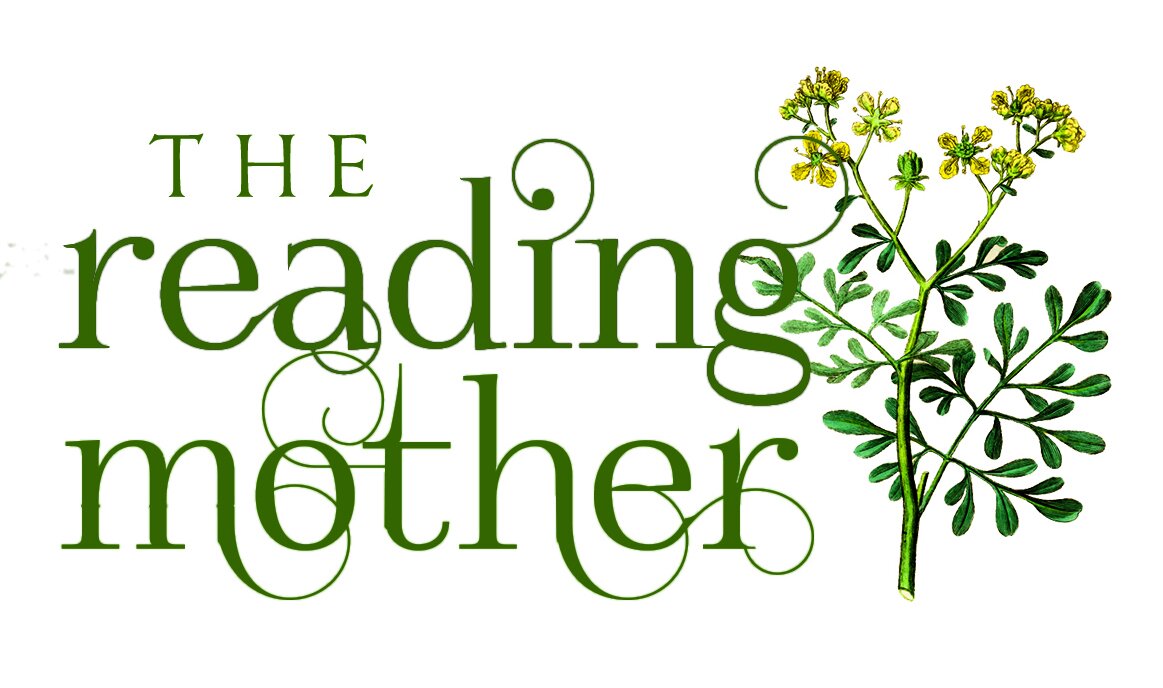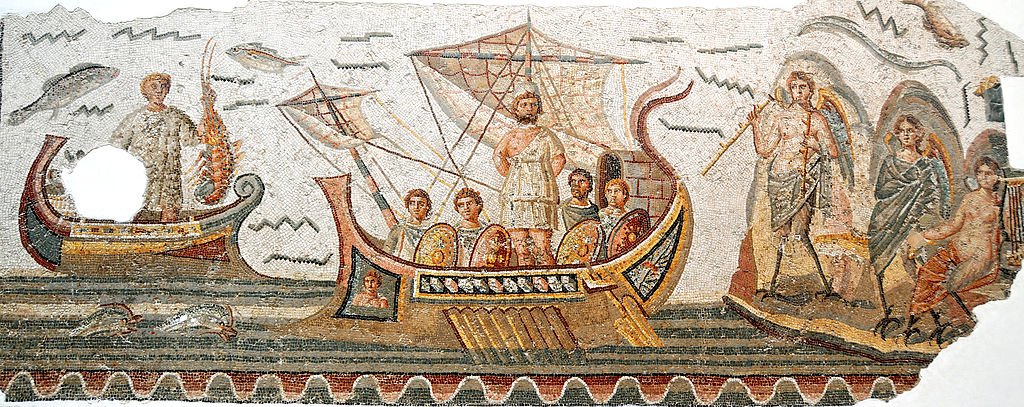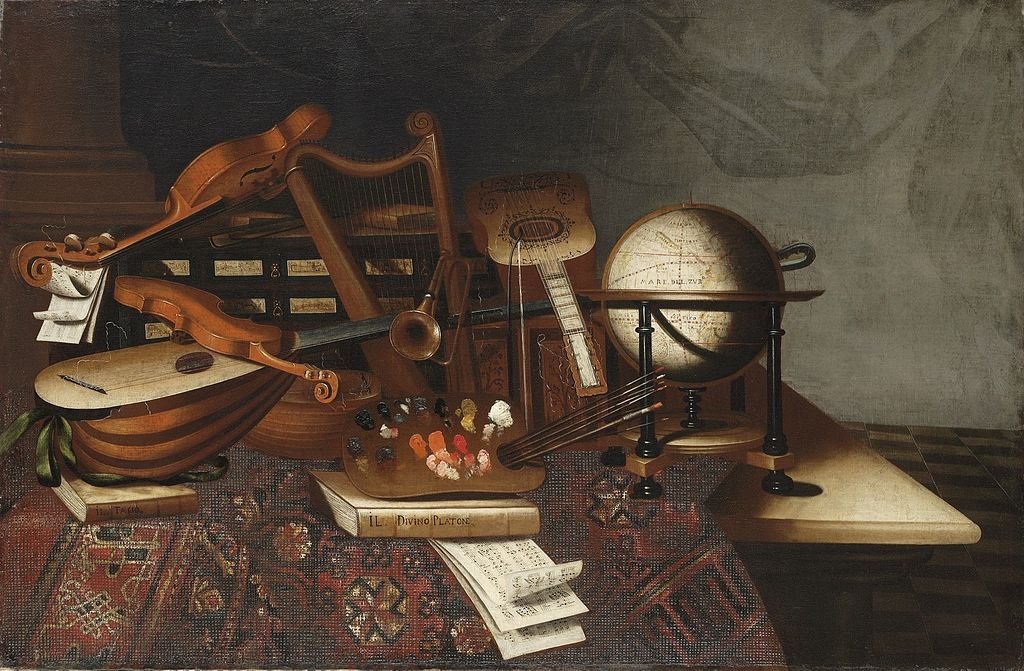Reading Poetry with Children
Master teacher Q—Sir Arthur Quiller-Couch, mentor to Lewis and Tolkien and Sayers, editor of the Oxford Book of English Verse—gives a very Charlotte Mason-like example of how to read a classic poem with a child.
That Song of the Siren Transforms Us Into Beasts
Patrick Henry's stirring "Give Me Liberty" speech is worth reading, memorizing or even (especially!) reciting aloud. Henry's reference to the "song of the sirens" in this excerpt offers yet another glimpse of the familiarity with the classics that our nation's founders possessed.
The Duchess of Bloomsbury Street On Self-Education
Helene Hanff shows how reading one good book can lead to an entire course of self-education — provided one is perseveringly curious. “Q (Quiller-Couch) was all by himself my college education.”
Wendell Berry, Summer Scholé, and Assessing Education
This past summer, our family spent a good bit of time reading and discussing the stories of Wendell Berry. There were our Friday nights spent lingering over That Distant Land with a few young folks from our church and community.
Education Is Repentance
Our high school Humanities studies at Providence Prep are anchored by Dr. George Grant's unforgettable moral philosophy course. We are often reminded, and we have seen for ourselves, that education as a form of repentance.
"Reading Maketh A Full Man"
When we read aloud to young children, we give them access to ideas they could not comprehend on their own and expose them to vocabulary and sentence structure way beyond their abilities to employ in their own writing.
To Love What I Ought To Love
My prayer for my students and for myself as we plan for the coming school year:
(A)Scholé and Mental Health, Inspired by Dickens
Hard Times, by Charles Dickens, a favorite read of classical educators everywhere – how NOT to do it! – is full of brilliant and biting commentary on an educational system that ignores the soul-building stuff of the poetic imagination in favor of facts and figures.
Morning Time Primer IV: History and Literature
As promised, here are a few nuts and bolts helps for planning your Morning Time reading. But, before I do that, I have to say something to those of you who have not started Morning Time with your family yet.
Plutarch Learned Latin In the "Decline of His Age" and We Can Too!
Speaking of Plutarch, years ago I commonplaced this encouraging glimpse into his self-education in Latin from the Life of Demosthenes:
Are Charlotte Mason and Classical Education Incompatible?
Recently, there was a long thread on the a facebook group in my feed with folks on both sides weighing in on one of the eternal questions among home educators—Is Charlotte Mason classical?
Morning Time Primer II: Making Time
Making time for Morning Time will probably require some re-imagining of what “doing school” should look like. If you are new to Morning Time, you will set yourself up for endless frustration if you try to simply add it on top of what you are currently doing—or what you think you should be doing.
Toward Scholé In Our Homes and Co-ops
I am certain that the daily delight and discipline of Morning Time—a.k.a Our Daily Feast—is the best pedagogical practice for bringing scholé to our homeschools Yet there is an even more important life practice which I believe is needed to bring scholé.
Morning Time Primer I: Our Daily Feast
From the earliest days of our homeschool (22 years ago!), we spent at least an hour—and sometimes far more!—each day reading aloud, thanks to the influence of folks like Susan Schaeffer-Macaulay and Sally Clarkson.
Reading the Classics: Start Here!
Just a quick round-up of ideas and thoughts on reading the classics with your students or in your own pursuit of a life well-read. These practices are also embedded in the language arts courses at Cottage Press.
The Art of Commonplace For Students, Part 3
Now that we have all of the why, what, and how of commonplacing covered, let's talk about when. I urge you to set apart specific time in your schedule for commonplacing. Put at least two commonplace sessions on your weekly calendar.
The Art of Commonplace For Students, Part 2
Now you have all of your commonplacing materials, and you are eager to get started. But wait! First, you need to take a moment to set up your commonplace book.
The Art of Commonplace For Students
This series of three posts is addressed to students—of all ages!— based on recommendations in Cottage Press Language Arts and the Commonplace Book Practices at Providence Prep.
The Art of Copybook
Keeping a copybook in the younger years is excellent training for many things, one of which is keeping a commonplace book. Principles and practices for copybook and commonplace book have a great deal of overlap, particularly in the selections to be reproduced.
Scholé In Our Homeschool
Years ago, when I first heard Chris Perrin talk about the concept of scholé, he posed the question: "How have you practiced scholé in your homeschool?" My Eeyore proclivities surfaced, and I immediately thought of all the ways I had failed to do it. Happily,




















